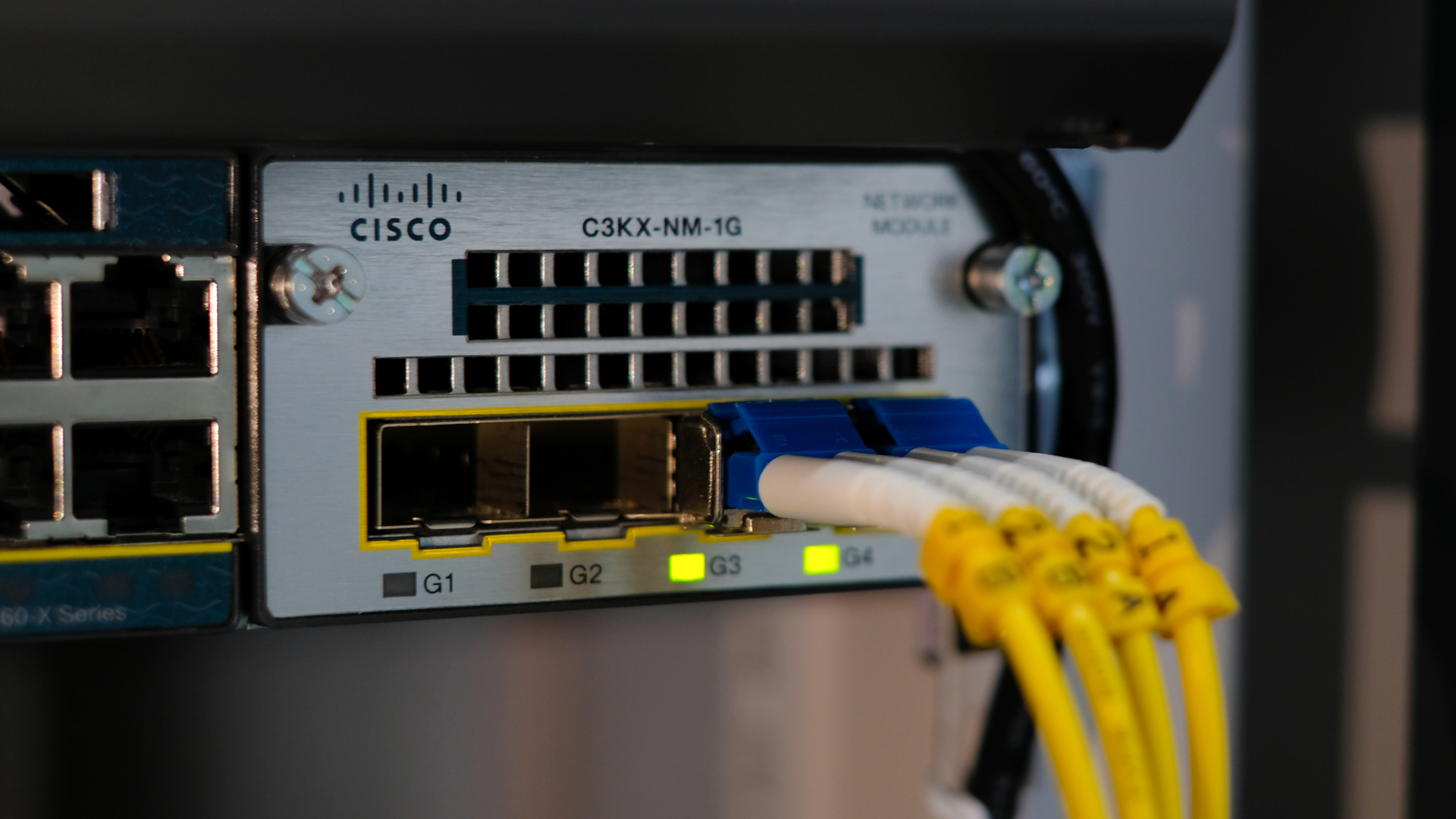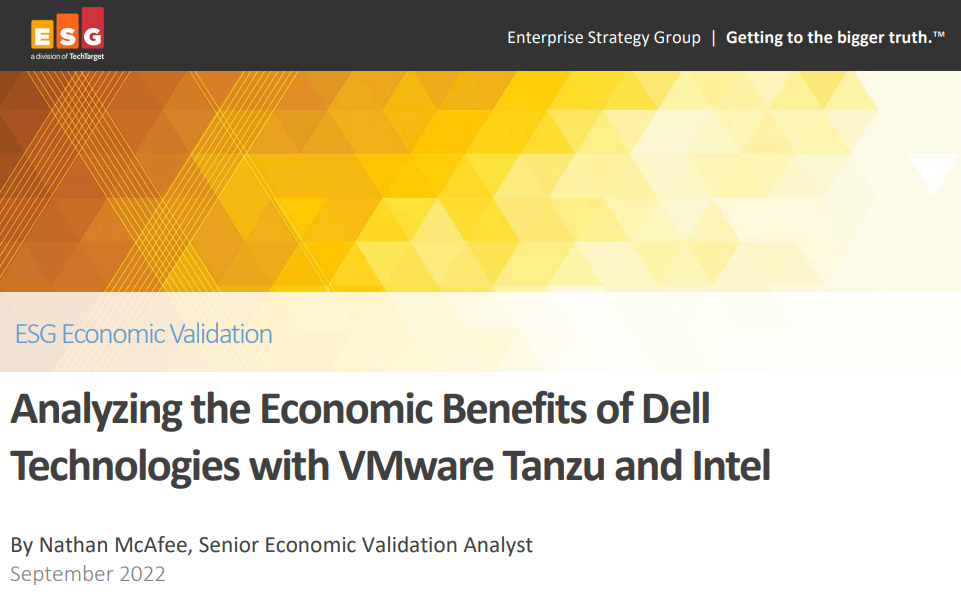Cisco to shift its entire portfolio to 'as a service' in face of shrinking revenues
The networking giant plans to move away from direct sales by the end of 2020


Cisco is seeking to distribute its entire product portfolio on a subscription basis in order to render cost savings of $1 billion per year, including its core networking hardware portfolio.
The company will accelerate its transition of the majority of its portfolio to an ‘as a service’ distribution model, with a view to shifting the majority of its products away from direct sales by the end of the calendar year.
Cisco also plans to accelerate its investments in key strategic areas, according to its CEO Chuck Robbins, speaking to investors in the wake of fairly disappointing quarterly financial results. These key areas include cloud security, cloud collaboration, increased automation in the enterprise, as well as application insights and analytics.
The networking giant declared this week a quarterly revenue decline of 9% year-on-year, equivalent to $12.2 billion, as well as a 5% dip on annual revenue to $49.3 billion. In spite of this, Cisco made profits during the last quarter of $2.6 billion, which represented a 19% surge.
“I think that when we think about the network architectures, I think one thing we know is that our customers are living in this multi-cloud environment,” Robbins said in the earnings call.
“And as they went into this work-from-home environment, as I said on our last call, those who had technical debt and those who had not really invested in modernizing their infrastructure, they know they will need to do that, and they'll do it at different paces based on their financial abilities. I'd say that it's clear that many of our customers do want to consume the technology as a service.”
Robbins confirmed that Cisco will examine its entire portfolio to see how easily each part can be shifted over to an ‘as a service’ delivery.
Get the ITPro daily newsletter
Sign up today and you will receive a free copy of our Future Focus 2025 report - the leading guidance on AI, cybersecurity and other IT challenges as per 700+ senior executives
Alongside responding to changing customer demands, and potentially a decline in direct sales, the move may aim to compete with the likes of HPE’s GreenLake as a service platform.
The strategy shift, which will be combined with other undefined organisational changes, will eventually lead to annual savings of $1 billion based on actions the company is set to take over the next few quarters.
Like many other firms dealing with the coronavirus pandemic, the networking company's finances have been hit over the past three months, with revenue down across all business segments but security, which saw a 10% year-on-year rise.
Information and platforms, also the largest segment, experienced a 16% year-on-year decline, alongside applications, which saw a 9% drop in revenues. The ‘other products’ category also saw a steep 17% revenue decline.

Keumars Afifi-Sabet is a writer and editor that specialises in public sector, cyber security, and cloud computing. He first joined ITPro as a staff writer in April 2018 and eventually became its Features Editor. Although a regular contributor to other tech sites in the past, these days you will find Keumars on LiveScience, where he runs its Technology section.
-
 Cleo attack victim list grows as Hertz confirms customer data stolen
Cleo attack victim list grows as Hertz confirms customer data stolenNews Hertz has confirmed it suffered a data breach as a result of the Cleo zero-day vulnerability in late 2024, with the car rental giant warning that customer data was stolen.
By Ross Kelly
-
 Lateral moves in tech: Why leaders should support employee mobility
Lateral moves in tech: Why leaders should support employee mobilityIn-depth Encouraging staff to switch roles can have long-term benefits for skills in the tech sector
By Keri Allan
-
 Better together
Better togetherWhitepaper Achieve more with Windows 11 and Surface
By ITPro
-
 Transforming the enterprise
Transforming the enterpriseWhitepaper With Intel and CDW
By ITPro
-
 The top trends in money remittance
The top trends in money remittanceWhitepaper Tackling the key issues shaping the money remittance industry
By ITPro
-
 How Kantar revamped its IT infrastructure after being sold off
How Kantar revamped its IT infrastructure after being sold offCase Study Being acquired by a private equity firm meant Kantar couldn’t rely on its parent company’s infrastructure, and was forced to confront its technical shortcomings
By Rene Millman
-
 Deutsche Bank wraps up Postbank IT integration after bug-laden migrations
Deutsche Bank wraps up Postbank IT integration after bug-laden migrationsNews The IT merger is expected to generate annual savings of €300 million by 2025
By Daniel Todd
-
 Analyzing the economic benefits of Dell Technologies with VMware Tanzu & Intel
Analyzing the economic benefits of Dell Technologies with VMware Tanzu & IntelWhitepaper ESG economic validation
By ITPro
-
 Defra needs £726 million to modernize pervasive legacy IT issues
Defra needs £726 million to modernize pervasive legacy IT issuesNews A significant portion of IT systems are reportedly still in extended support or are fully unsupported
By Ross Kelly
-
 Former TSB CIO fined £81,000 for botched IT migration
Former TSB CIO fined £81,000 for botched IT migrationNews It’s the first penalty imposed on an individual involved in the infamous migration project
By Ross Kelly